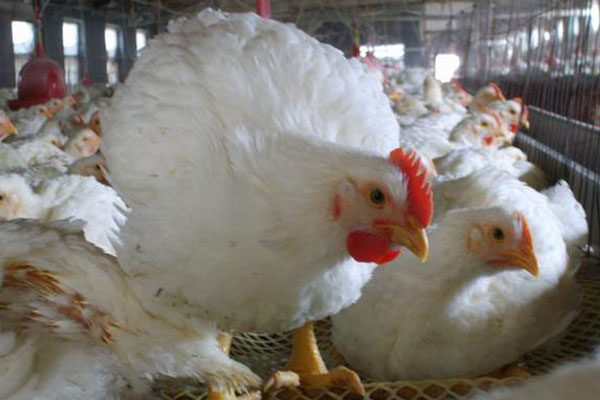What vitamins do you need to use chicken coops to raise chickens?
- font size decrease font size increase font size
When using chicken battery cages to raise chickens, the vitamins required are composed of carbon, hydrogen, oxygen, nitrogen and other elements. At present, most vitamins are manufactured artificially, and the price is relatively cheap. There are 14 kinds of vitamins related to chicken breeding, including vitamins A, D, E, K, C, B1, B2, B6, B12, biotin, folic acid, pantothenic acid, choline, and niacin, among which vitamins A, D, E, K is fat-soluble, and other vitamins are water-soluble.
In production, vitamins A, D, and E are expressed in international units (IU), while other vitamins are usually expressed in milligrams (mg).

Vitamins are neither energy substances nor structural substances. They are mainly in the form of coenzymes and catalysts, and are widely involved in various chemical reactions in the body's metabolism, thereby ensuring the normal structure and function of the chicken's tissues and organs, and maintaining the animal's health and production activities. When it is lacking, it can cause metabolic disorders of the body and affect normal growth and development and production performance.
For chickens, trace amounts of vitamins can not only meet growth and development and production needs, but also improve feed conversion efficiency, increase the daily weight gain, egg production and hatchability of chickens. Therefore, vitamins are commonly used as nutritional additives in the current chicken breeding process.
The above is the farmer. When using poultry cages system to raise chickens, you need to pay attention to the breeding knowledge. Hope it helps everyone.
